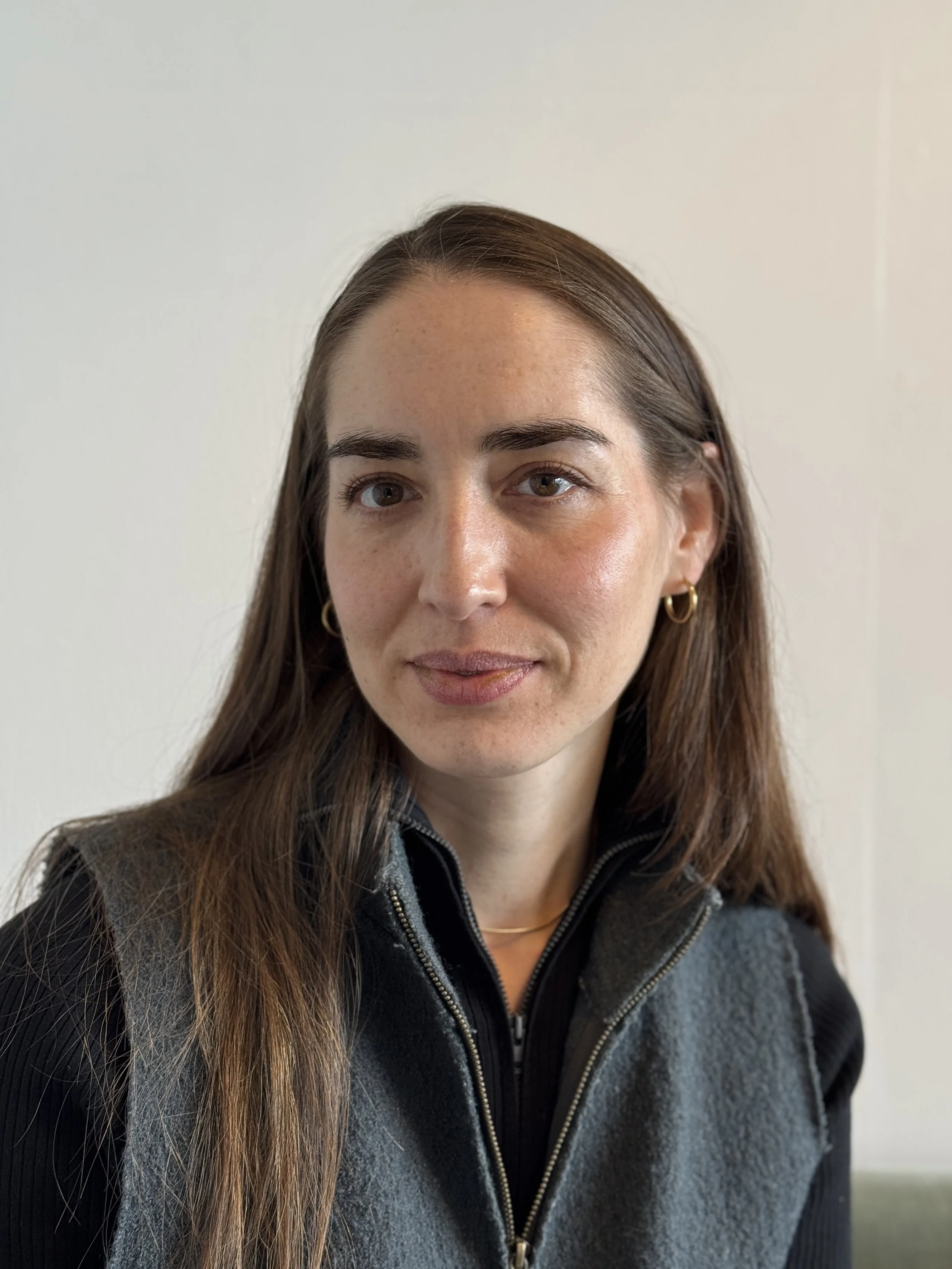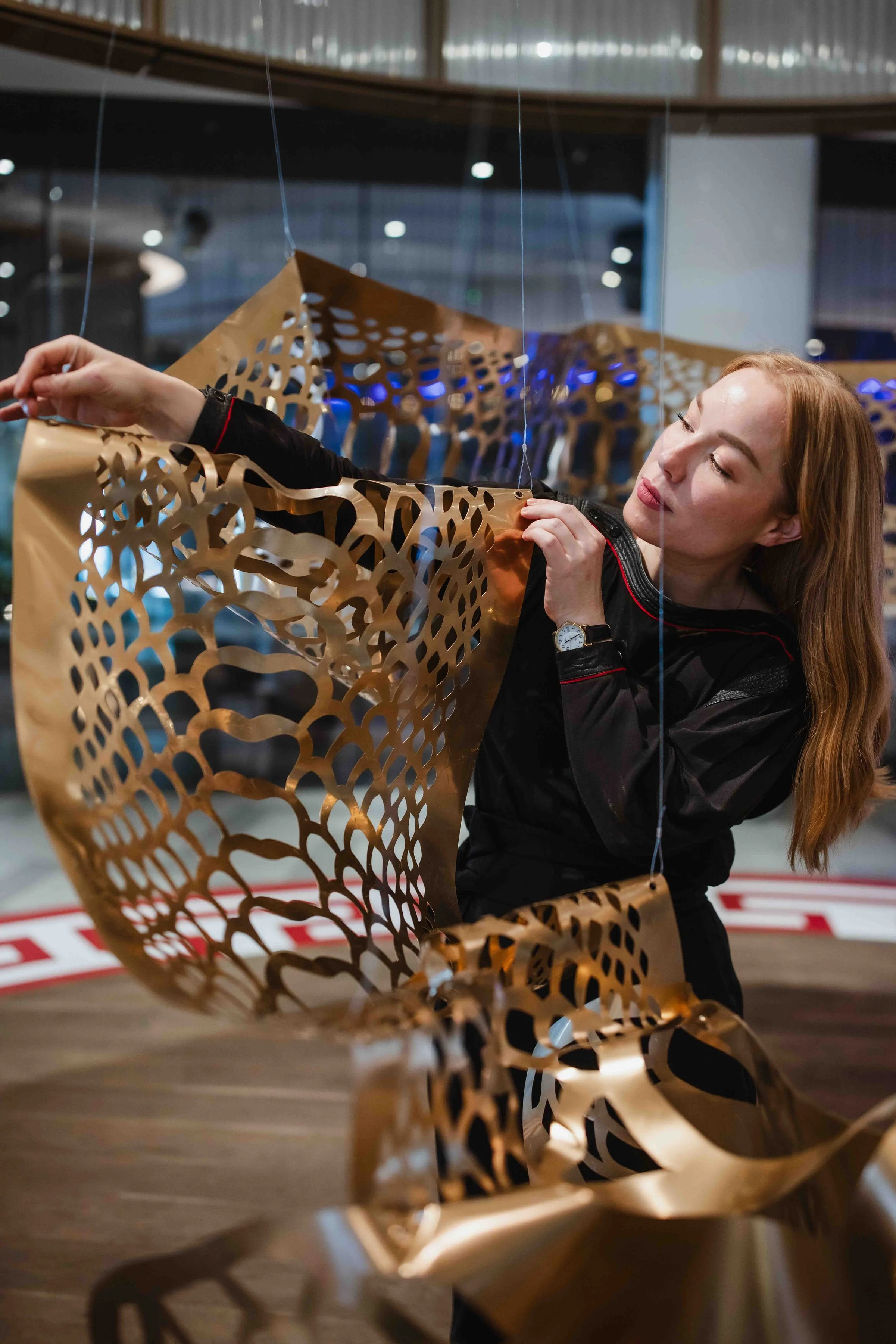The Project
This project explores how contemporary Nikkei (Japanese diasporic) art addresses - or not - the legacies of the uprooting, incarceration, exile, and dispossession experienced by various Nikkei communities during the 1940s. Instead of approaching this history from a national frame it takes a transnational approach to consider the specific ways in which Nikkei artists from Canada, the US, Australia, and Brazil address their communities’ various histories of state violence. This project asks: how are Nikkei communities haunted by the legacies of the past and how does art allow for a working through of these legacies? While a substantial body of literature exists examining how memories of incarceration continue to shape Nikkei identity in the present, less attention has been paid to the important role of art in this process, and how contemporary Nikkei artists attempt to build relationships of solidarity and understanding not only with other Nikkei, but also with other historically marginalised communities as well.
This project has two objectives. Our first objective is to identify global Nikkei artists whose work addresses the legacies of the past. Identifying this work and placing it within a transnational frame will allow for connections to be made between Nikkei artists and communities. Our second objective is to analyse and integrate Nikkei art into one overarching framework. How do prevailing theoretical perspectives fall short in understanding the complexities and nuances of Nikkei art, and Nikkei identity more widely? How might we better understand Nikkei art through drawing on concepts drawn not from Western theory but from the Nikkei community itself? How might we account for frictions and fractures within the community as well?
We are currently conducting interviews with Nikkei artists in Canada, the US, Brazil, and Australia, and engaging with their work. If you are a Nikkei artist or culture worker at any stage of your career, please get in touch with us if you would like to participate!
This project is supported by an Insight Development Grant through the Social Sciences and Humanities Research Council.
Image credit: iniciação das asas / para sabedoria dos espaços (initiation of the wings / into the wisdom of spaces), Taís Koshino, 2023. Photo by Taís Koshino. See more of her work here.
-
Andrea Mariko Grant
PRINCIPAL INVESTIGATOR
Andrea Mariko Grant is a Research Associate and Adjunct Professor in History at the University of Victoria. A social anthropologist by training, her work explores the intersections between art, memory, and politics, with previous research focused on post-genocide Rwanda. As PI on the project, she explores contemporary Japanese Canadian art, as well as the tanka and haiku poetry of her Issei (first generation) Japanese Canadian grandmother. She holds a PhD in social anthropology from the University of Oxford and was previously based at the University of Cambridge. A board member of the National Association of Japanese Canadians (Toronto chapter), she also curates public history and public art projects. She was recently a visiting scholar at Doshisha University in Kyoto, Japan. (Photo by Allison Woo.)
-
Elysha Rei
RESEARCHER
Elysha Rei is a Japanese-Australian artist whose intricate paper-based works explore memory, identity, and belonging through hand-cut paper and site-specific installations. Based in Brisbane, she holds a BVA, MBA, and is a PhD candidate at QUT researching how Nikkei Australian identity is archived through contemporary arts practice. Over two decades, Rei has exhibited, curated, and managed cultural projects nationally and internationally. She is a 2018 Asialink Arts alumni, a research fellow and artist researcher for the global project Past Wrongs, Future Choices (UVic, Canada), and the inaugural Chair of Nikkei Australia, a grassroots organization dedicated to Japanese-Australian heritage. (Photo by PixelPunk 2025.)
-

Jennifer Noji
RESEARCHER
Jennifer Noji is a Yonsei, fourth generation Japanese American, who grew up in New Jersey and currently lives in Los Angeles. As the granddaughter of Gila River and Minidoka camp survivors, she has dedicated much of her personal and professional life to learning and teaching about the World War II incarceration of Japanese Americans and other historical injustices. She holds a BA (Rutgers University), MA (UCLA), and a PhD (UCLA) in Comparative Literature, and her research explores how literature reckons with legacies of racial and colonial violence. She has published articles on memory, political violence, and collective responsibility in various academic journals and volumes. Jennifer also serves as the Senior Manager in Communications at Densho: The Japanese American Legacy Project—a historical and digital archival nonprofit organization dedicated to preserving and sharing the history of WWII Japanese American incarceration.
-

Taís Koshino
RESEARCHER
Taís Koshino is a Japanese Brazilian visual artist and researcher. She holds a BA in Social Communication (2015) and an MA in Visual Arts (2022) from the University of Brasília. Working at the intersections of artistic and academic practices, her research investigates the in-between space, ancient and contemporary technologies, Japanese Brazilian diasporic identity, and critical fabulation. In 2024, she was part of Past Wrongs, Future Choices Spring Residency (UVic, Canada). She has participated in exhibitions, residencies, and publications in Brazil and abroad, at institutions such as the Modern Art Museum of Rio de Janeiro, the Goethe-Institut Indonesia, the Sigmund Freud Museum, and Art Basel Miami. (Photo by Pamila Luik.)
-

Rose-Keiko Higa
RESEARCHER
Rose-Keiko Higa is a Japanese American researcher and archivist at the Washington State Historical Society. She holds a BA in Art History from Oberlin College. Her past research includes collaborations on curatorial projects such as Miné Okubo’s Masterpiece: The Art of Citizen 13660 (2021) at the Japanese American National Museum and Reframing Dioramas: The Art of Preserving Wilderness (2024) at the Natural History Museum of Los Angeles County. Her current work explores contemporary Asian American artwork and its intersection with race, ethnicity, and equity. (Photo copyrighted J. Paul Getty Trust 2021.)
Contact us
Interested in knowing more about the project or collaborating with us? Fill out some info and we will be in touch shortly. We can’t wait to hear from you!


